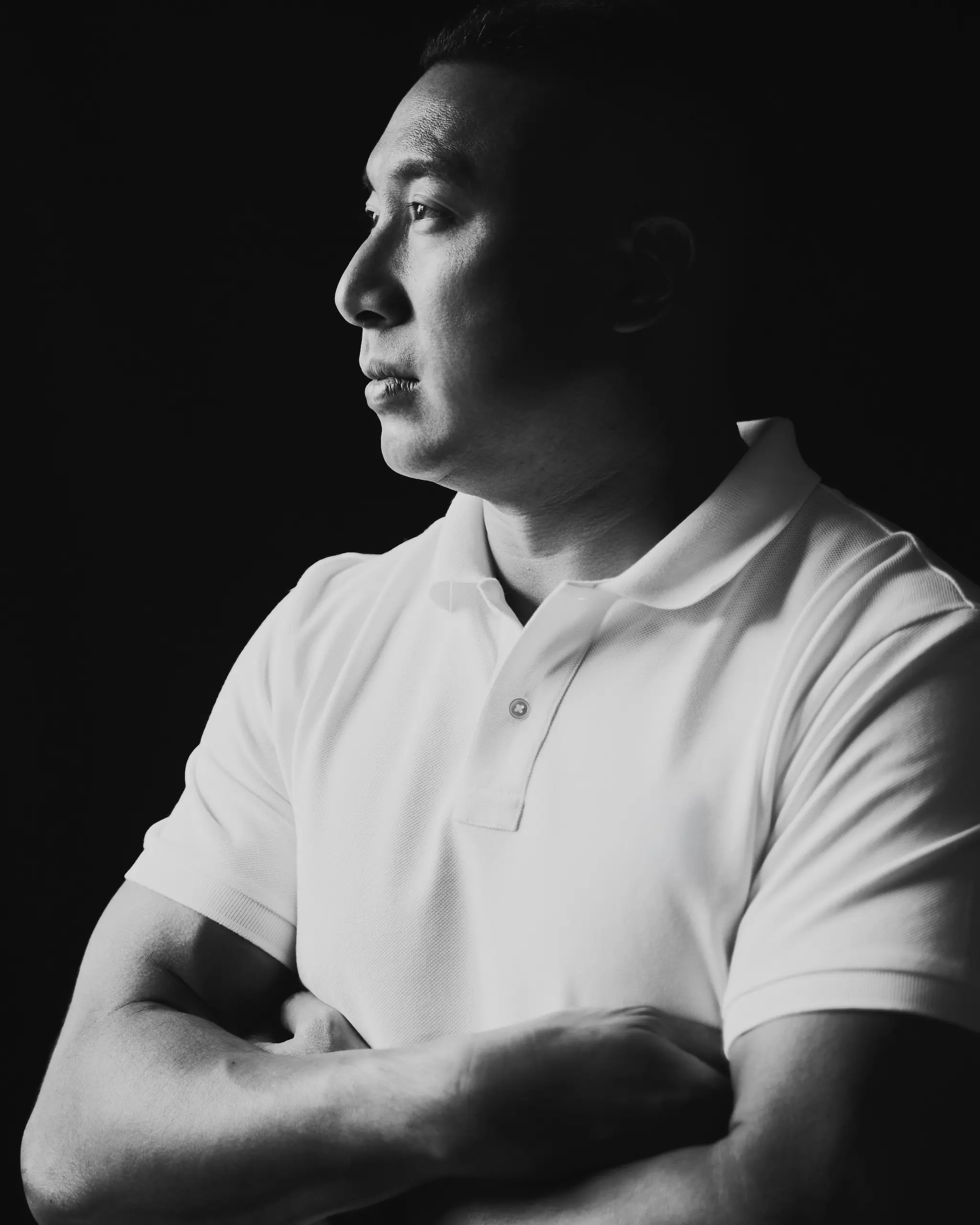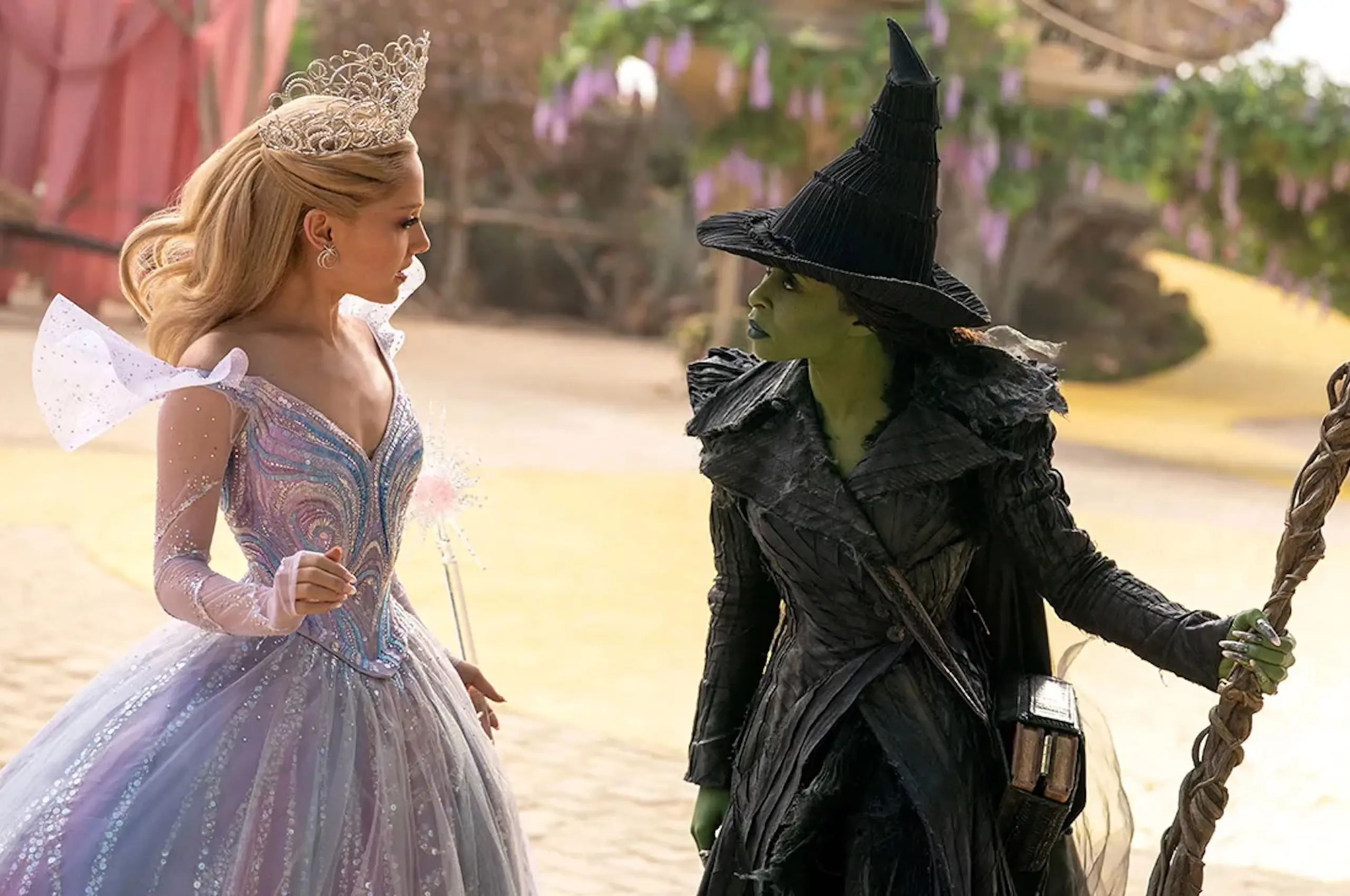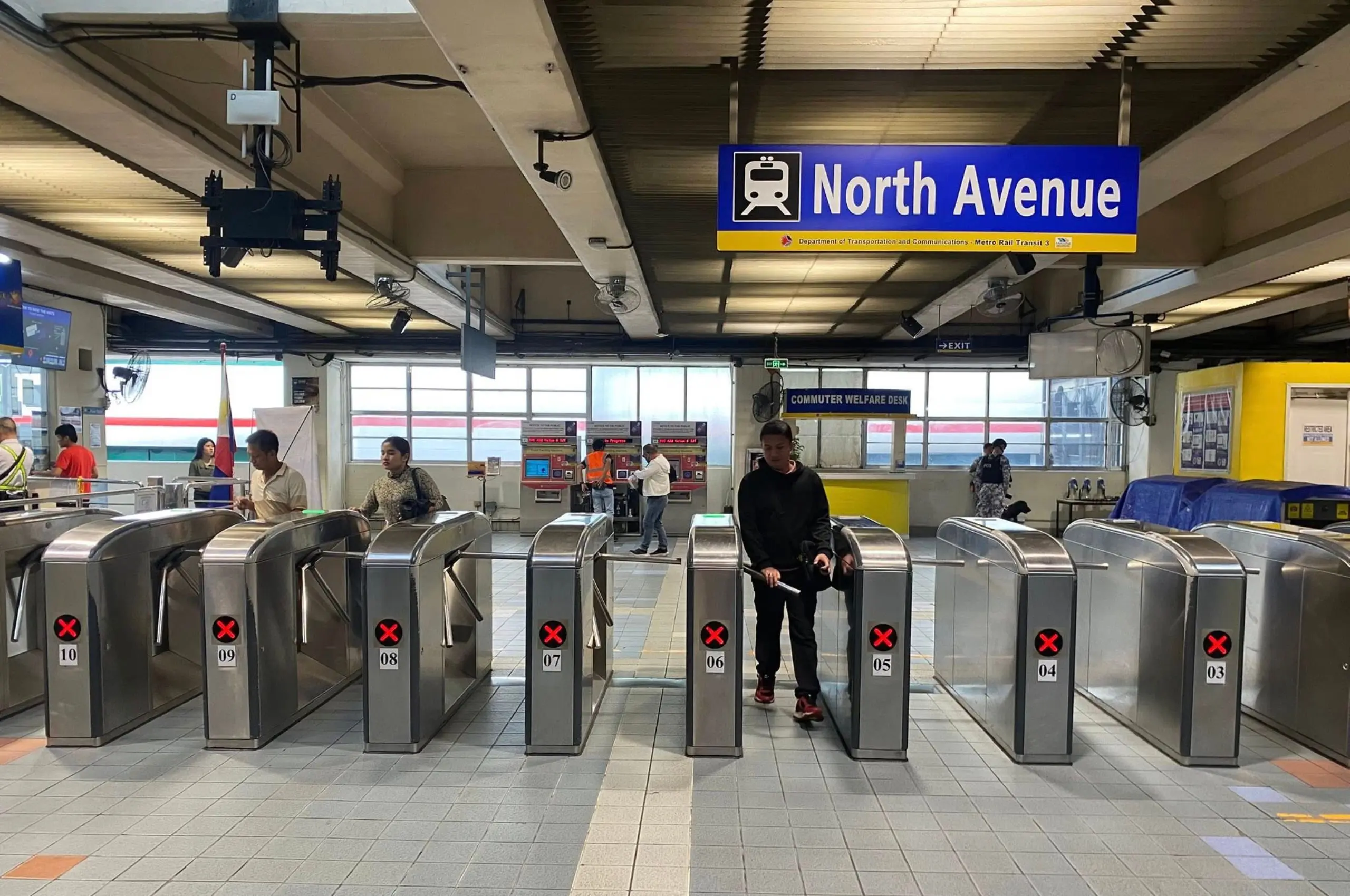Mayor Francis Zamora has a striking physical presence that belies a quiet conviction when he speaks. He isn’t loud or boisterous, yet his words carry weight. In his office on the top floor of the San Juan City Hall, his desk is covered entirely with paperwork, but he sits over it all. At 6’5” tall, there’s nothing he doesn’t see below him.
It’s ironic that San Juan, which is the smallest city in Metro Manila, has the most physically domineering mayor at the helm. Before entering politics, he played basketball for De La Salle University, winning two UAAP Championships and serving as the team captain of the 1998- 1999 back-to-back championship teams. He also won two championships with Welcoat Paints in the Philippine Basketball League in 1999 and 2000.
To an outside observer, anyone would peg him as the Goliath in any competition, but this is local politics, where he faced the family that had ruled San Juan since the late 1960s, and he was the quintessential David. Before he was elected mayor in 2019, the city had been under nearly 50 years of rule by the family of former President Joseph Ejercito Estrada. San Juan had not seen a formidable challenger to the Estradas before Zamora came along in 2016, when he lost by only 1,224 votes, or just two percent of the total votes cast, to then-incumbent Mayor Guia Gomez, mother of Senator JV Ejercito. It was the slimmest of margins.
Being a candidate and running a campaign are two different things, because running the campaign is really about organization.
“Unfortunately, I fell short. They had all the advantages,” Zamora says. “They were incumbents; they had family members in other government positions. Of course, they also had a former president of the Republic of the Philippines. They had senators. Most of the barangay officials were allied with them. Everything that comes with the incumbency was on their side… ”
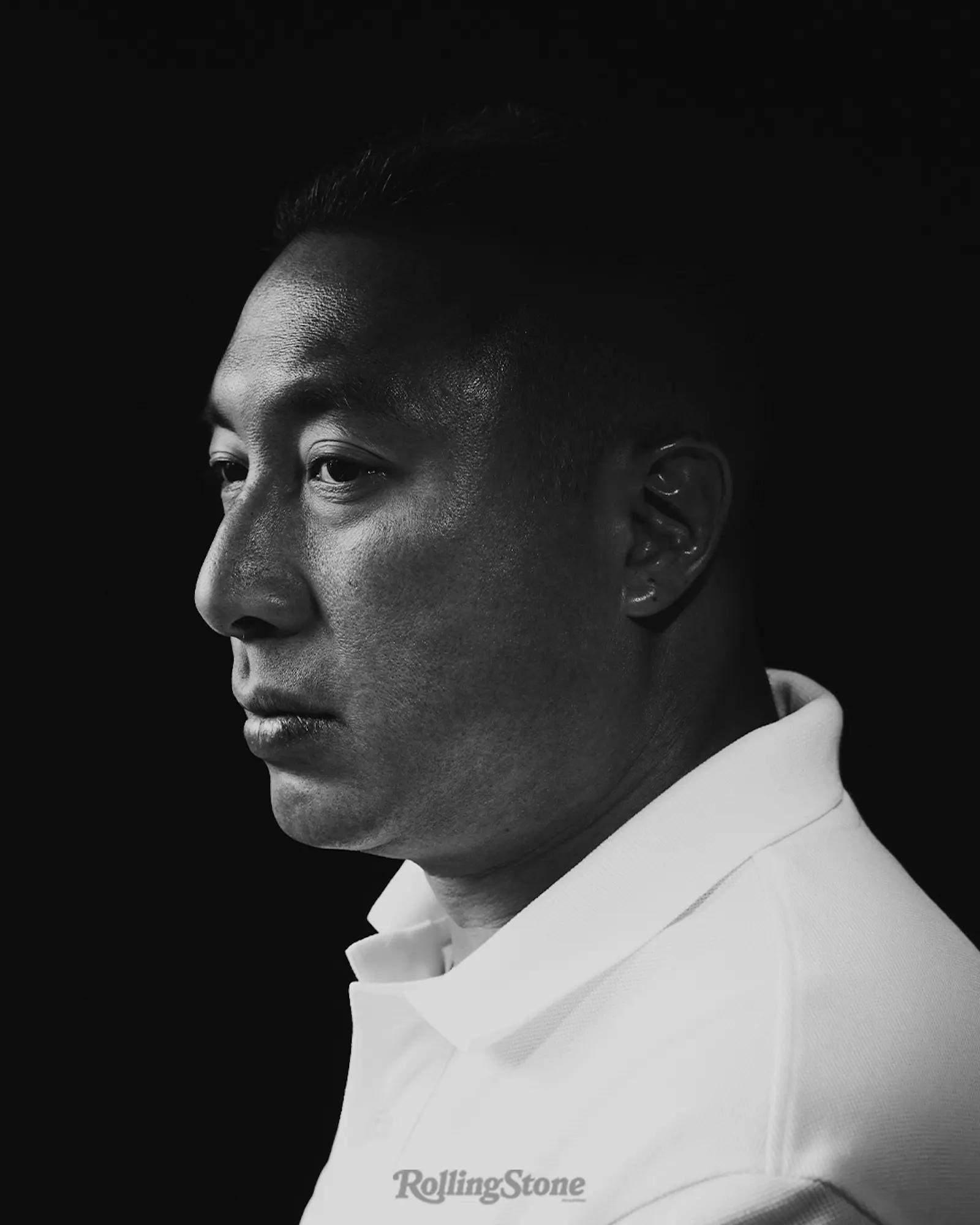
To this day, Zamora says that 2016 was the hardest campaign of his political career. But he used it as fuel and worked hard, being what he referred to as “the de facto mayor of 49 percent of the voters of San Juan.” He went back to the first role he ever had in government as the head of the congressional district office of his father, Congressman Ronaldo “Ronny” Zamora. He says that despite the loss, he had a genuine desire to help the people of San Juan. “I believe that meant a lot to people, because it showed your sincerity. It showed the kind of person you are. Because if you’re one of the typical ones, once you lose, you disappear.”
Here, he talks about how he finally won in 2019, the initial reforms he wanted to implement as mayor, how he dealt with the COVID-19 pandemic, and why he considers himself a micromanager.
Did you change anything in how you ran from 2016 to 2019?
Prior to 2016, I was always just a candidate. Meaning, we did not operate the campaign. So in 2016, that’s what I lacked: the experience of managing a campaign. Being a candidate and running a campaign are two different things, because running the campaign is really about organization. Basically, everything we did wrong during the 2016 loss, we corrected in 2019. We came in with more wisdom and experience. We were also able to anticipate the [opponent’s] tactics against us.
When you finally won in 2019, one of the first things you did was an executive order for the San Juan City Local Government Integrity System. What was the larger intention behind that, and how did it reflect your plans as mayor?
Throughout the campaign, our battle cry was “Makabagong San Juan.” I wanted our city to be progressive. It meant reengineering the whole paradigm of local governance. Babaguhin mo ‘yong framework. Babaguhin mo ‘yong mindset ng nasa local government, and Executive Order No. 1 basically outlined the kind of governance that we had to implement. Siya ‘yong naging road map namin.
They were used to “Puwede na ‘to,” “Okay na ‘to.” If you go that extra mile talaga to ensure that all the details are given attention, then this will be the result, the kind of city we are now.
What was it like for you as a new mayor introducing a new system?
It was hard because I was coming in with only a handful of people. I had to absorb everyone else in the local government. You cannot change local government employees because they’re protected by civil service laws and regulations. And remember, all of these people were appointed by the previous administration in the last 50 years. So, I had to work with them, and the best way really to get their support and cooperation was to win their hearts by making them feel that your administration is better than the previous one.
Because once they feel that the city is actually being run better, that their lives are improving, that they are now experiencing things that they never experienced before, on their own, they will now realize na “Okay si Mayor Zamora.” ‘Yon ‘yong way e. You cannot force them na “Makinig kayo sa‘kin. Sundin niyo ako.” You really have to prove to them that the governance that you are instilling is better. And then it will really just be a willful decision for them to support you.
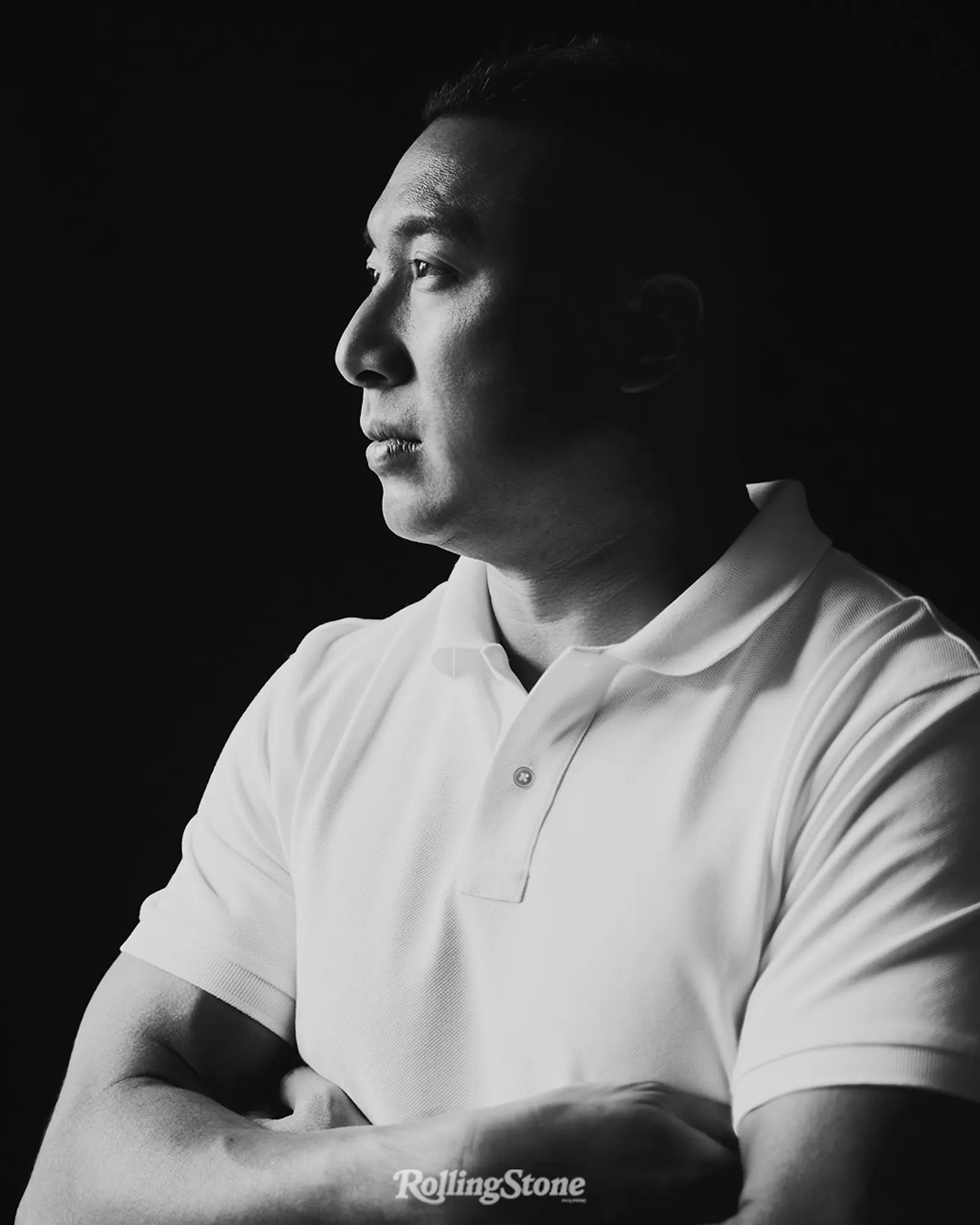
In the same manner, if you treat them and their families well, mas magiging efficient sila. For instance, ito proud ko ‘tong sabihin, in San Juan, all our public school students have their own gadgets, mayroong fiber optic internet connection sa kanilang classrooms and homes, mayroong 55-inch smart TVs sa classrooms, and all our teachers have their own laptops. ‘Yong basketball courts wood ang flooring. So, if you provide them with an environment conducive to learning, then you’ll see na mas mag-e-excel ang students. And true enough, number one in functional literacy rate ang San Juan among all highly urbanized cities in the country in 2024.
Because our local government employees are now more efficient, the local government and the services it provides become more efficient too as proven by awards and recognitions we receive, such as the Seal of Good Local Governance, which we won back-to-back in 2023 and 2024, the Galing Pook Award for Best in Pandemic Response, number 1 in vaccination in the Philippines during COVID-19 — which, in turn, made us the first LGU in the country to reach herd immunity.
How would you describe your leadership style?
I’m a micromanager. I pay attention to detail. If you just allow them to do it the way they want to do it, you will get will not be [get the results] that you want. I have specific end goals that I want to see. I really push them to pay attention to all the details. And they weren’t used to that before. They were used to “Puwede na ‘to,” “Okay na ‘to.” If you go that extra mile talaga to ensure that all the details are given attention, then this will be the result, the kind of city we are now.
For instance, during the pandemic, no mayor was ever trained for COVID-19. No single leader in the world was ever trained for this. But again, because I was micromanaging everything from the vaccination program to our rounds and inspections in the barangays, we were able to rise above all the challenges and go back to normalcy in a very short span of time. I was out there going around my city in spite of my wife being a cancer patient during that time. I really went on the ground and I did what I had to do.
Read the rest of the story in The State of Affairs issue of Rolling Stone Philippines. Order a copy on Sari-Sari Shopping, or read the e-magazine now here.

